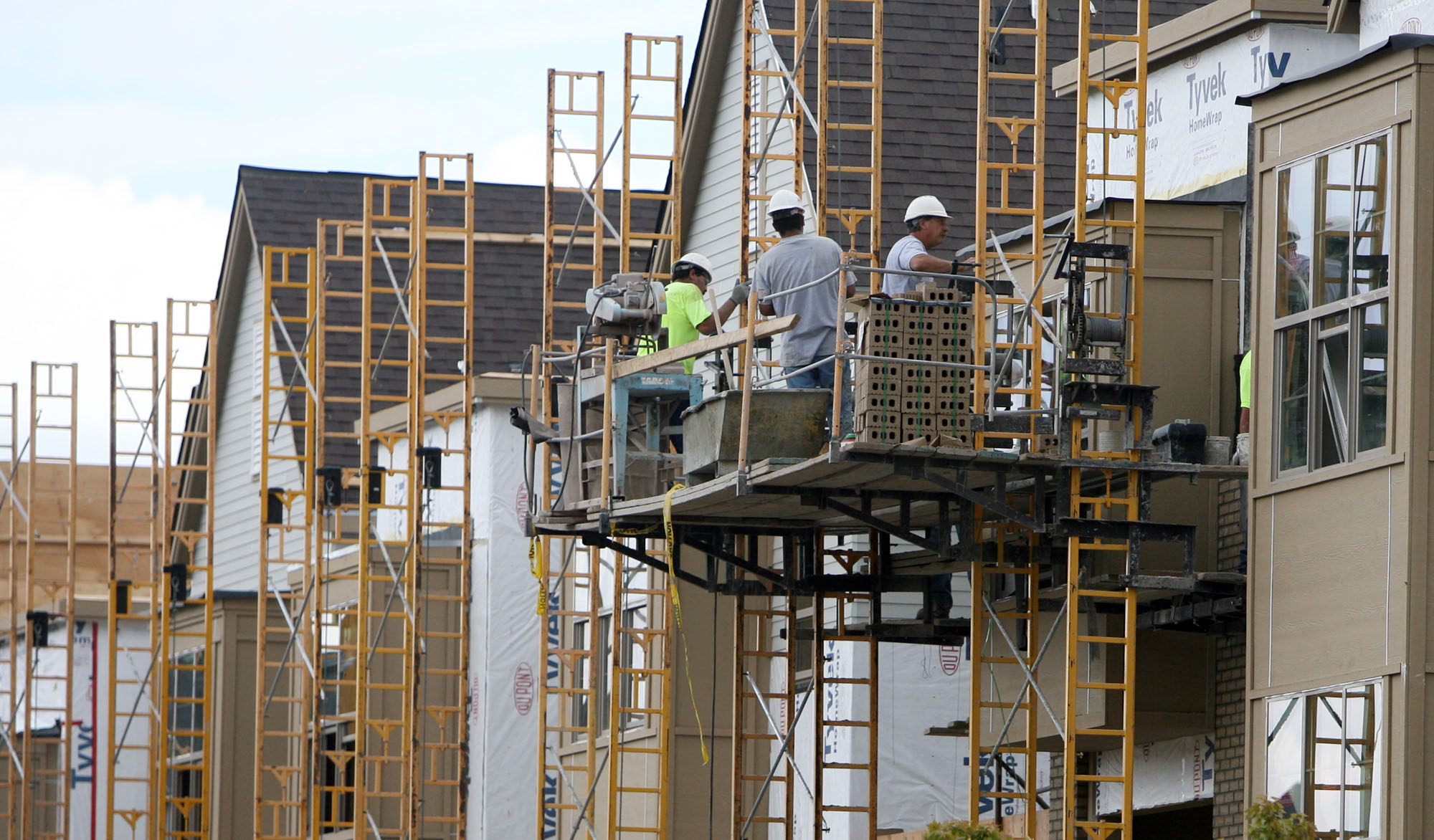
Denver's been on top so long, it may not know how to be down. But in July, home prices grew 3.1 percent in metro Denver in July, according to the S&P CoreLogic Case-Shiller Index. That's slightly below the 3.2 percent growth nationally.
Denver is usually well ahead of the national growth, staying strong even as many cities saw price growth slow.
That's in part because demand is falling, in spite of rock-bottom interest rates. The number of homes sold in August, both condos and single family homes, dropped almost 8 percent compared to 2018, according to the Denver Metro Association of Realtors.
Real estate agents have noticed the shift. There are fewer offers on homes than there were a few years ago. There are 9,350 active home listings in the Denver area, the most since 2013 — which means buyers have more power to negotiate.
“In the first half of 2018, home sellers were taking offers over the weekend and selecting the best one in the stack on Monday," said agent Jill Schafer, when DMAR released its numbers earlier in September. "This year, sellers are making price adjustments as they try and find the right price point to entice buyers to make an offer.”
Many real estate agents also say there are few affordable properties to buy, which reduces demand. The average August sales price in metro Denver was just more than $488,000.









